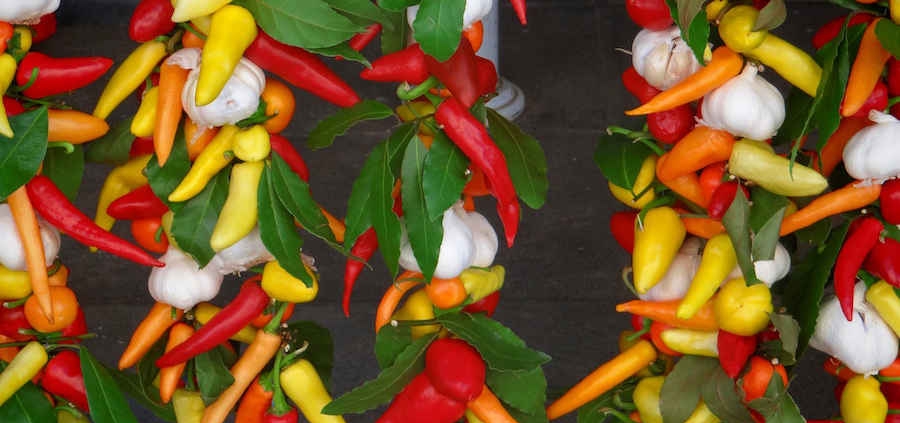Featured Poets Week: Jeannine M. Pitas
Prayer
In the middle of a pandemic
with a deportation order against her
she cultivates a garden.
Squash, tomato, tomatillo, bell pepper,
jalapeño, potato, carrot, garbanzo,
protected from gnawing rabbits by a trellis.
I was not there when she sowed the seeds,
when she watched them start to sprout.
After three months in another town, a springtime
struggle to prolong my parents’ lives,
I returned to find her plants in fullest leaf,
a wild mess of green.
When the letter arrived from ones
who have claimed the right to choose
who can leave and who can stay,
when the letter arrived telling her “no,”
she went out to pull some weeds,
to give her plants their water.
“What do you mean?” she demanded
when I told her I struggle
to believe in God.
“Without God you wouldn’t even be here.”
She is a theologian I trust
to teach me again how to pray.
In the middle of a pandemic
with a deportation order against her
she cultivates a garden.
Garlic
Cancer fighter. Memory Booster. Vampire defeater. Base of the fettucine alfredo, the lasagna, the gallo pinto. You can never have too much garlic, my mother always assured me every time I put one extra clove into the sauce. But when Magdalena moves in, she tells me “no.” I like the taste, just not the smell. At first I don’t understand. Garlic-breath never bothers me; I never worry about an offensive kiss. Magdalena, maker of tamales with mushrooms, chicken soup punctured by the hottest chilies shipped by her mother in Guatemala – the reddest reds, the spiciest pimiento – waits a year before telling me the reason. When we were crossing the border, we stuffed our pockets and shoes with garlic. It was meant to keep the dogs away. My smile vanishes; my jokes about vampires shrivel and fade like the bodies of the dead as my favorite food turns to pungent white pain. Today Magdalena no longer shares my home; the smell of her chili no longer waters my eyes. She has moved to another house, in hiding from the ones who would seize and jail her. Garlic again fills my soups and stews, but the delight is tinged with yearning for a world without desert walls, without dogs bred for cruelty, a world where imaginary lines don’t stop anyone from breathing.
Jeannine Pitas is the author of three poetry chapbooks and the Spanish-English translator of several Latin American writers. Her translation of I Remember Nightfall by Uruguayan poet Marosa di Giorgio was shortlisted for the 2018 National Translation Award given by the American Literary Translators’ Association, and her translation of An Introduction to Octavio Paz by Mexican writer Alberto Ruy Sánchez was published by Mosaic Press in 2018. A graduate of University of Toronto’s Centre for Comparative Literature, she currently lives in Iowa and teaches literature, writing, and Spanish at the University of Dubuque. Things Seen and Unseen is her first full-length collection of poetry. Her essay “Crossing the Red-Blue Political Divide Starts at Home” appeared last month in Today’s American Catholic.





Leave a Reply
Want to join the discussion?Feel free to contribute!